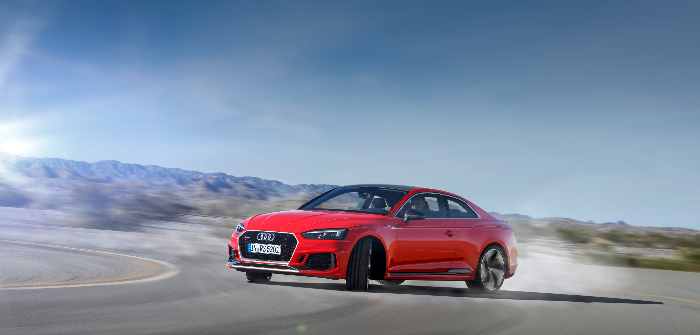Every enthusiast and every engineer from every carmaker I talk to about the future insists the thing they’ll miss the most is the engine noise. You’d wonder, then, why so many of them don’t do it very well now.
If we’re heading into a world where the sound of the internal-combustion engine will be akin to the sound of a single-speed generator, only slightly more sophisticated, then you’d think they’d be reveling in the dulcet tones of today.
If La Scala knew it had only a few more years of soaring tenors belting out the high B in Nessun Dorma before audiences were forced to pay to sit in either dead silence or listening to a monotone for an hour, you’d think they’d be milking every last audible assault they could.
You’d also think that instead of one tenor belting it out, they’d assemble as many of them as they could and stack them together, with their numbers limited only by the space needed to wave a hanky in one swirling hand.
But tenors at La Scala will be allowed to belt out high Bs indefinitely while the car industry can’t, and won’t.
This all occurred to me this week, when I flopped back into the Taylor household’s city-work hack, a three-cylinder Volkswagen Polo. In the previous couple of weeks I’d spent time in a Porsche Macan Turbo and a McLaren 570 S Spider.
For all the money they spent developing things that went fast, the best sounding engine, by some margin, lurked within the humble confines of the Polo’s engine bay – and had quite a bit of space to spare.
The thing warbles and burbles, and cheers and bubbles, and revs with enthusiasm and charms you with a set of lungs out of all proportion to its price tag.
The McLaren has a little window at the back you can drop down to hear more of the engine note, but it’s so flatly bland that it’s difficult to know why you’d bother.
Sure, the turbochargers on the Ricardo-built V8 muffle it, but that’s no excuse in this day and age, especially for anybody who’s heard a Ferrari 488 GTB wail at high revs and drown you in timbre changes.
The Porsche, well… There’s enough stuff going on there to help you see, kinda, what they were working toward, with some 911-esque gruffness and a couple of timbre switches in the middle, but like the McLaren, it’s just noise. And rather coarse noise, at that.
Add to that list the new Audi RS 5 Coupe. Now, the old one was a delight to the ears, full of burbling, smoothness and intent. The new one is, well, new. Swapping two of the cylinders for two turbochargers hasn’t done much for the chortles. It now sounds like a herd of dairy cows chewing in a tunnel.
The RS 5, it turns out, is the first Audi Sport car launched after the EU’s new sound rules came into effect, and its development boss, Stephan Reil, insists every new performance car will have to sound pretty much the same.
The thing is, these companies all make much of their sound, how they’ve worked on it to tune up the delights and ear giggles, and they even urge upon us the logic of spending extra money to make the noise even better.
Let me tell you this right now: with very limited exceptions, if you go putting a big, bright, shiny factory exhaust on any of these turbo cars in the expectation that they’ll suddenly become a Maserati GranTurismo, then you’ll be mortified. What you’ll hear is more of the blandness, more of the time, and you’ll have paid thousands for the privilege.
Maserati itself seems to want to leapfrog this whole wave of aurally crippled gasoline performance engines and skip straight to electrified ones, with talk of it joining Formula E and being the brand that leads the entire FCA into EVs.
And that’s good. I drove a GranTurismo last month and its engine note took me on a saturating journey of revs, rampage, joy and glee. It wrapped me up and pulled me in so far I could understand every minute of the work of every engineer who developed it. It almost made me cry, just as if I were in the front row of La Scala during Turandot.
And give me that, or give me the nothing that will come with electrification.


